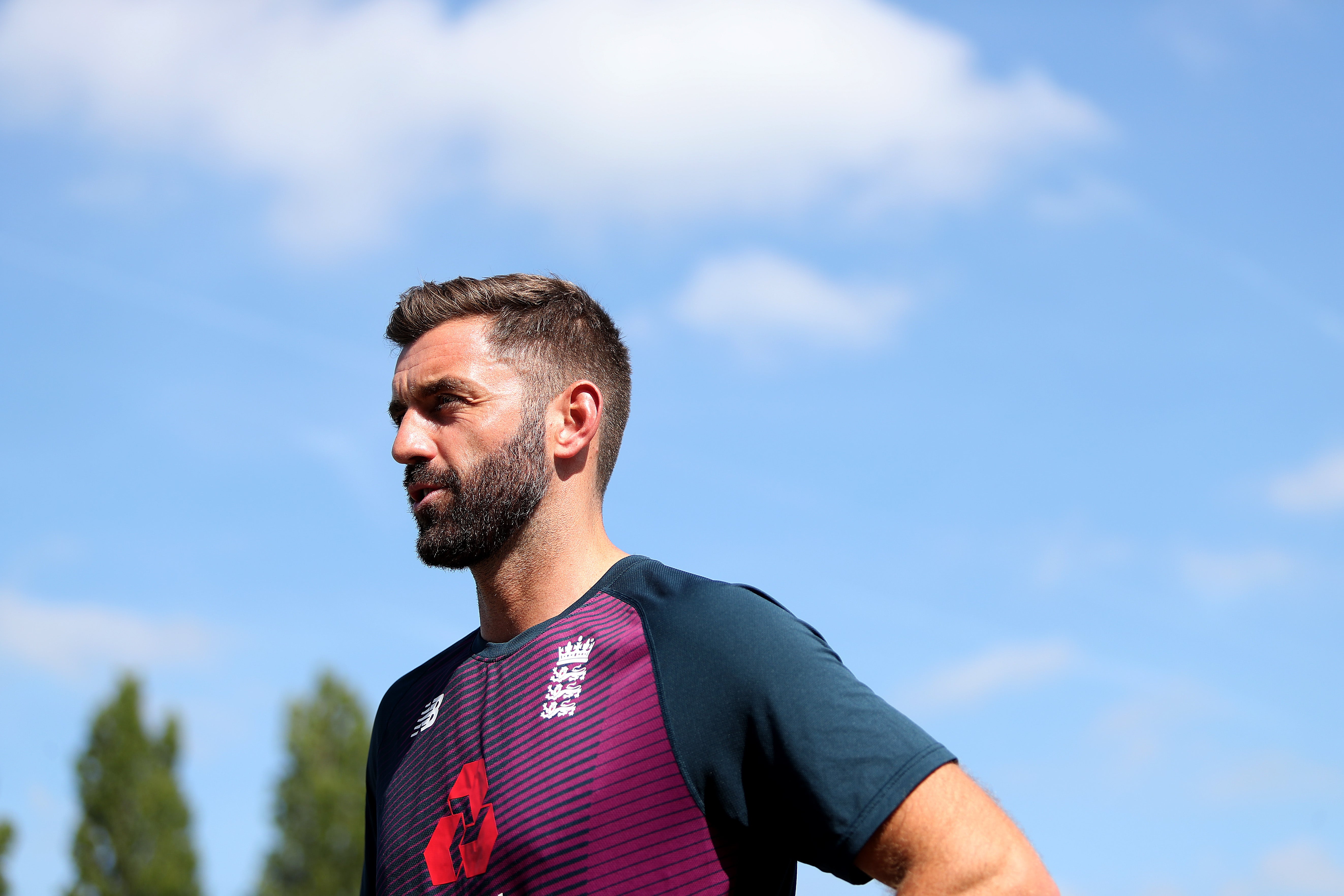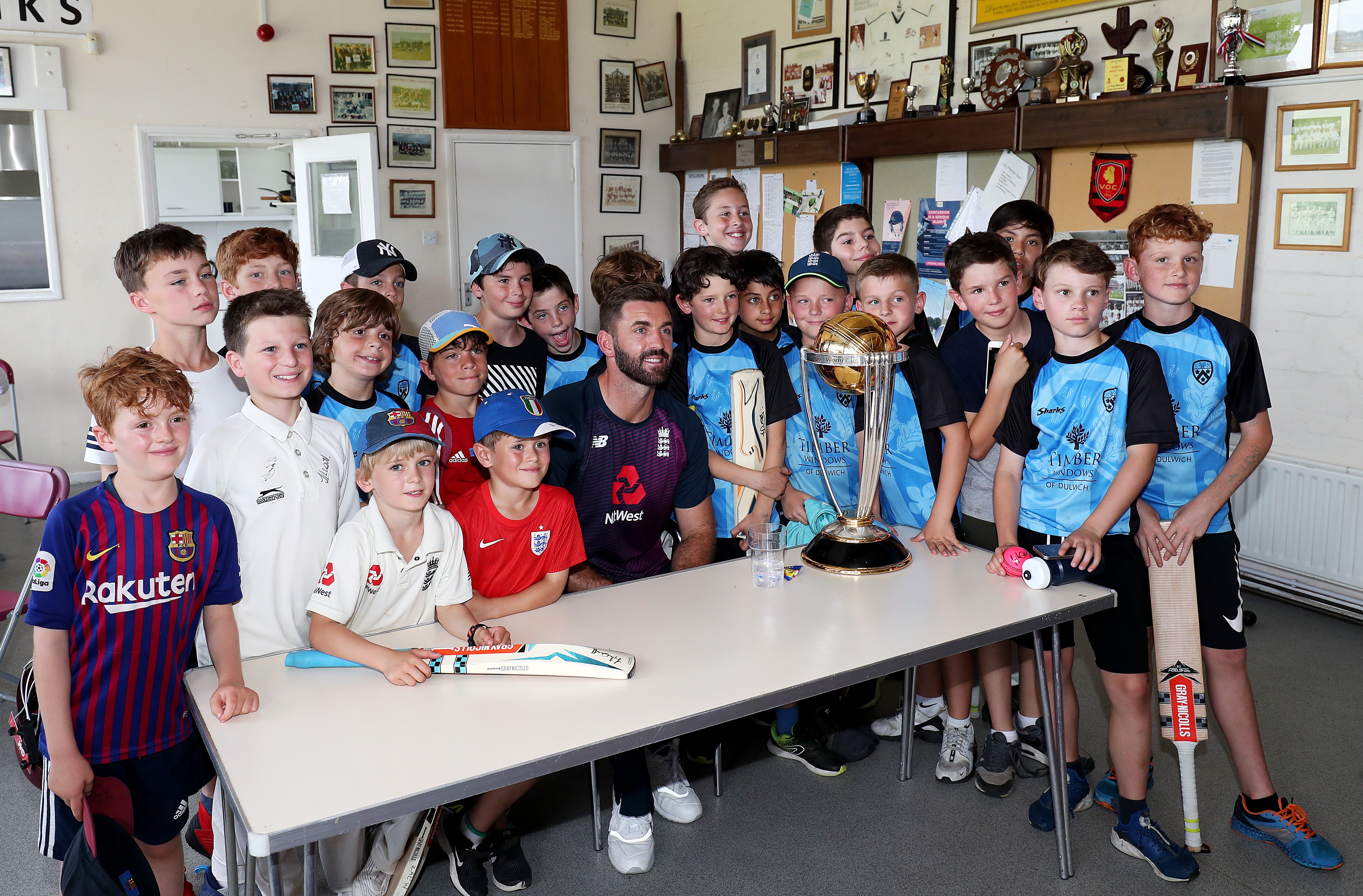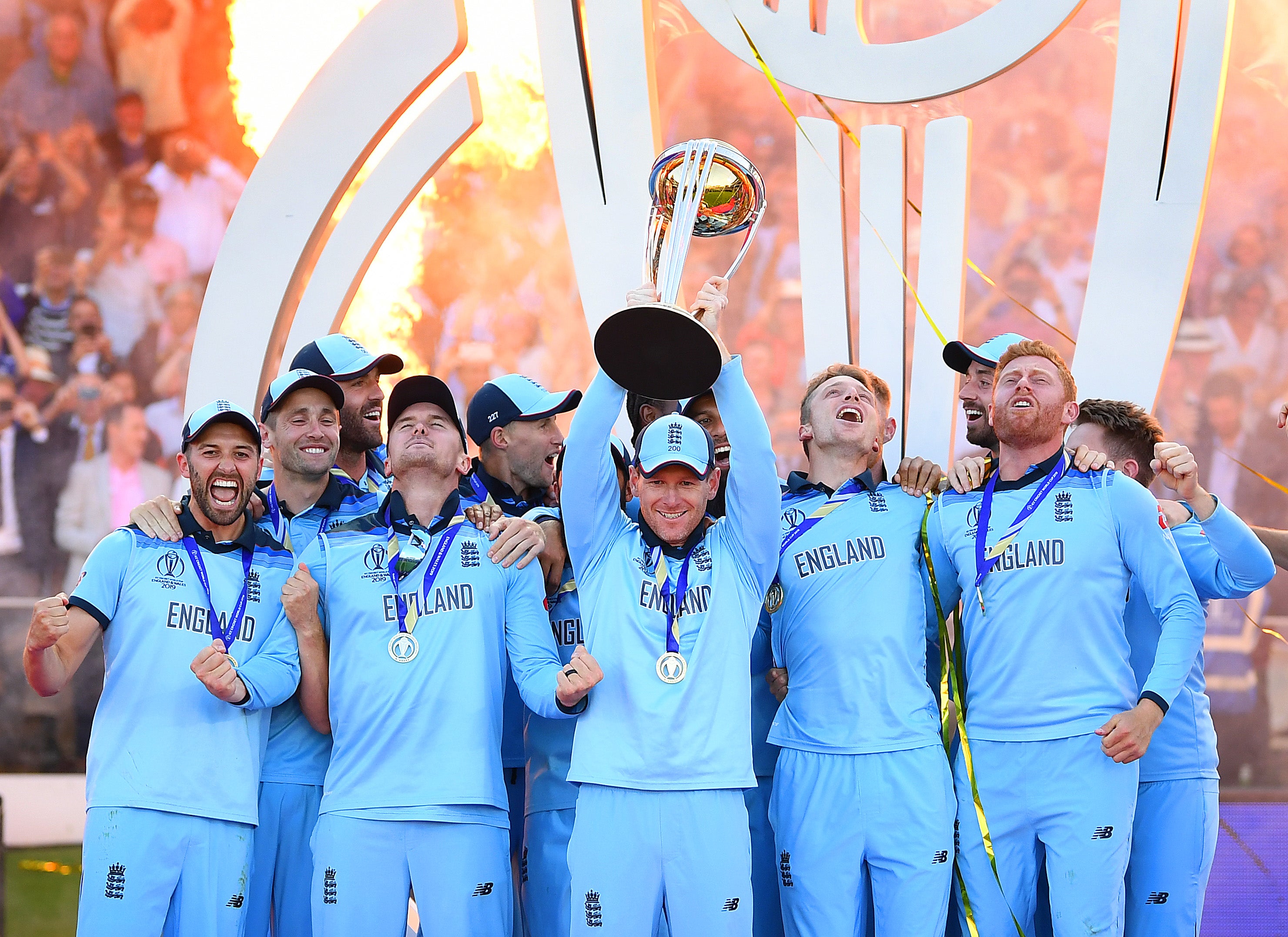With a new league, star players and a T20 World Cup on US soil, can cricket really bowl over America?
The former England bowler Liam Plunkett played in the inaugural Major League Cricket season and tells Richard Edwards this summer’s T20 World Cup can be the platform for cricket to explode in the United States


Liam Plunkett completed his master’s degree in strategic leadership shortly before Christmas. Now he’s hoping he can play a key role in helping the USA graduate on cricket’s biggest stage in 2024.
The England World Cup winner has spent the majority of his time across the pond since leaving Surrey in August 2021. And although he hasn’t hung up his bowling boots just yet – Plunkett played a full season in the inaugural edition of Major League Cricket (MLC) – he’s now hoping that he can bring through the next generation of talent to a country that will co-host the T20 World Cup along the West Indies this summer.
It’s an event that, he believes, could do for cricket what the 1994 World Cup did for football in the country.
“For the people who know cricket over here, there’s a lot of excitement,” he says. “At the local academies I’m working with, you’ve got people trying to get tickets for the World Cup. Hopefully it gets some really big traction, and hopefully, like the soccer World Cup in the ’90s, it gives cricket the kind of platform where it can really move on and grow.
“That’s the hope. It’s going to take time, no one is pretending otherwise, but if you can keep building the infrastructure, maybe scoop up some of the Minor League Baseball stadiums then you can see things going really well. You just need to market the sport in the right way to people who don’t really know what it is. That has always been the challenge, but it’s certainly not insurmountable.”

MLC has already brought the sport to an entirely new audience. The likes of Jason Roy, Plunkett himself and Antipodean interlopers like Aaron Finch and Jesse Ryder, coupled with sizeable investment by owners from the Indian Premier League, helped ensure that the first season of the competition was a commercial success.
One senior figure at MLC told The Independent that they expect more English players to arrive this summer, despite the congested domestic schedule. The money on offer will be hard for some to turn down, even if it meant missing a proportion of the English season.
In development terms, Plunkett also sees an opportunity for young sportspeople – both male and female – to gravitate towards cricket from other major US sports such as baseball and softball.
“A lot of those skills are transferable, a lot of those kids who grew up playing those sports are going to be good in the field,” he says. “It wouldn’t take too much for them to link in with cricket. The bowling side of things is tricky, getting that arm to work without the bend, but I’m sure if you work with some of these college athletes, they’ll be able to make the switch.
“For the girls, the hand-eye coordination they already have from playing softball – where the ball is really flying at you at some serious speed – is really perfect preparation for batting. And I think that’s the key here, this isn’t just about getting a men’s league and a national team playing in the T20 World Cup, it’s about ensuring that the women’s game develops hand-in-hand with the men’s game too.
“You want kids to have access to cricket from the earliest age possible.”

Plunkett initially signed a three-year contract as a player in MLC, working as a national development coach alongside his responsibilities with the New Jersey Tritons. Now he’s helping unearth and hone talent on America’s east coast.
“We try and look into these guys, see how the programme is going, make sure they’re doing the training, make sure they have access to certain facilities,” he says. “That’s not easy because often these players are in the middle of nowhere. We’re basically trying to put together cricket programmes in place in baseball facilities.
“When I first came over here I would be running and bowling in an indoor baseball field – I would be bowling at one of these hard baseball mannequins. But we’re getting there. We’ve now set up a couple of academies in Philadelphia.
“Do these kids know who I am? I guess if they watched that World Cup final at the age of nine or 10 then they might. But most of them haven’t got a clue and I love that. I’m getting judged on how I coach the kids, not who I am. That’s why I wanted to do my degree, I wanted to keep learning, keep improving. If I was going to go down the coach’s path, then I wanted to be the best coach I could be.”
Join our commenting forum
Join thought-provoking conversations, follow other Independent readers and see their replies
Comments
Bookmark popover
Removed from bookmarks